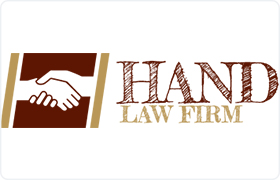Troup County, GA Criminal Lawyers
Sponsored Law Firm
-
 x
x

Click For More Info:
-
Hand & Associates, LLC
114 N 8th St Opelika, AL 36801» view mapAccident & Injury, Family, Business, Wills, Criminal Accomplished · Determined · Experienced
Our approachable attorneys immediately put you at ease about your legal problem. We are focused on making a brighter future for you.
334-741-4077
Tyler Lee Moffitt
Civil Rights, Personal Injury, Family Law, Criminal, Mass Torts
Status: In Good Standing *Status is reviewed annually. For latest information visit here
Brian David Lockerbie
Mass Torts, Criminal, Banking & Finance, Collection, Personal Injury
Status: In Good Standing *Status is reviewed annually. For latest information visit here
Marc Edward Acree
Federal Trial Practice, Federal Appellate Practice, Government, Criminal
Status: In Good Standing *Status is reviewed annually. For latest information visit here Licensed: 47 Years
James Walter Harry
Workers' Compensation, Criminal, Insurance
Status: In Good Standing *Status is reviewed annually. For latest information visit here Licensed: 28 Years
 Benny Hand Opelika, AL
Benny Hand Opelika, AL Practice AreasExpertise
Practice AreasExpertise